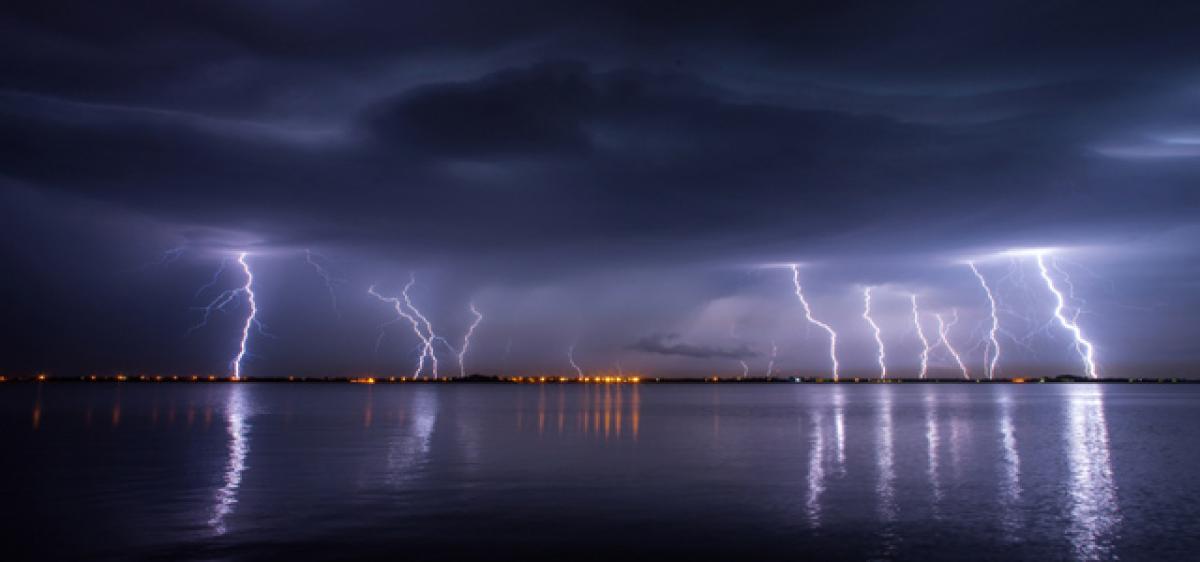Live
- YSR Congress Party MLA candidate KK Raju campaigns in 23rd Ward Priyadarshini Colony
- Leaders and Residents Welcome TDP Candidates Pulivarthi Nani and Daggumalla Prasada Rao in Tirupati
- 30 Families Switch Allegiance from YSR Congress to Telugu Desam Party in Batladinne Village
- Mannara Chopra’s refreshing photoshoot brings summer vibes
- Vishal’s thriller ‘Rathnam’ clears censor; all set to hit theatres
- Rashmika wraps up key schedule of Dhanush’s ‘Kubera’
- Cycling vs walking: Which is better for weight loss?
- ‘The Delhi Files’ to hit floors this year
- Former Pakistan women’s captain Bismah Maroof calls time on her playing career
- CM Kejriwal’s arrest not based on belated contradictory or coerced statements: ED’s affidavit in SC









